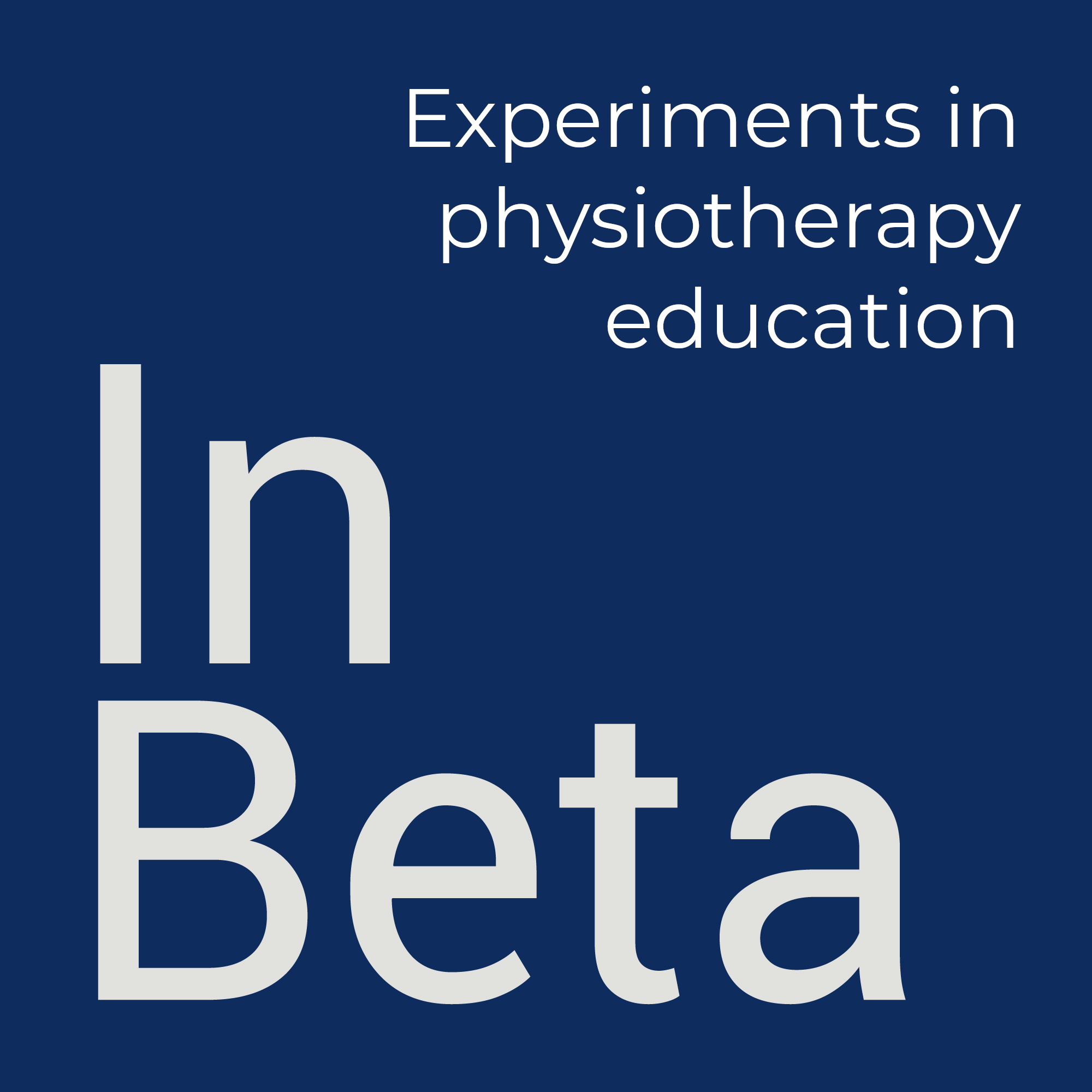
In this episode, Ben and Michael speak to Antonio Lopes about Blended Intensive Programmes (BIPs), an innovative approach to international education within the European Union’s Erasmus+ framework. BIPs are short-term, intensive courses that combine physical mobility with a virtual component, fostering collaboration between higher education institutions across Europe.
The discussion explores the structure and implementation of BIPs, highlighting their potential to enhance international connections, promote cross-pollination of ideas, and offer flexible mobility options for students and staff. The conversation covers various aspects of BIPs, including their organisation, funding, and impact on participants.
Antonio shares insights from his experience coordinating multiple BIPs in physiotherapy education. Topics range from global health and digital health for students, to artificial intelligence, and innovative learning strategies for staff. The discussion emphasises the importance of careful planning, partner selection, and logistical coordination in successfully implementing these programmes.
We also touch on the broader implications of initiatives like the BIPs, including their role in fostering a sense of European identity among participants and contributing to the internationalisation of higher education institutions. And we conclude with reflections on the potential of BIPs to create lasting impacts on education and professional development in physiotherapy and beyond.
Key takeaways
- BIPs combine short-term physical mobility (5-30 days) with a virtual component, involving at least three higher education institutions from different European countries.
- These programmes foster international connections, cross-pollination of ideas, and offer flexible mobility options for students and staff.
- BIPs can focus on various topics, such as global health, digital health, artificial intelligence, and innovative learning strategies.
- Successful implementation requires careful planning, partner selection, and logistical coordination.
- Funding for BIPs is integrated into the Erasmus+ mobility programme, with a relatively straightforward application process.
- BIPs can contribute to the internationalisation of higher education institutions and foster a sense of European identity among participants.
- The impact of BIPs extends beyond the immediate learning experience, potentially influencing participants’ future perspectives and career paths.
Additional resources
- European Commission. Blended Intensive Programmes.
- Duś-Ilnicka, I., Paradowska-Stolarz, A., Mazur, M., Radwan-Oczko, M., Perra, A., Paula, V. S. d., …Dominiak, M. (2024). Blended intensive programme’s implementation in dental education: post-pandemic evolution of learning. BMC Medical Education, 24(1), 1–10. doi: 10.1186/s12909-024-05301-9
- Ghenţulescu, R. (2023). Erasmus+ Blended intensive programmes – a personal perspective. Buletinul Științific al Universității Tehnice de Construcții București Seria: Limbi Străine și Comunicare, XVI(1), 26–35.

Antonio Alves Lopes (LinkedIn) is a physiotherapist and academic in Portugal. Since 2001, he has been a teacher in the Department of Physiotherapy at the Escola Superior de Saúde do Alcoitão (ESSA), and has coordinated the department’s Erasmus+ program since 2014.
António holds a degree in Physiotherapy and a Master’s in Physiotherapy Sciences. His research contributions cover various areas of allied health sciences, with publications focusing on physiotherapy practice and education. His research interests include cardio-respiratory physiotherapy, evidence-based practice, and the integration of digital technologies in physiotherapy education and practice.
António is also an active participant and working group leader in the European Network of Physiotherapy in Higher Education (ENPHE), where he helps drive innovation of physiotherapy education in Europe.

